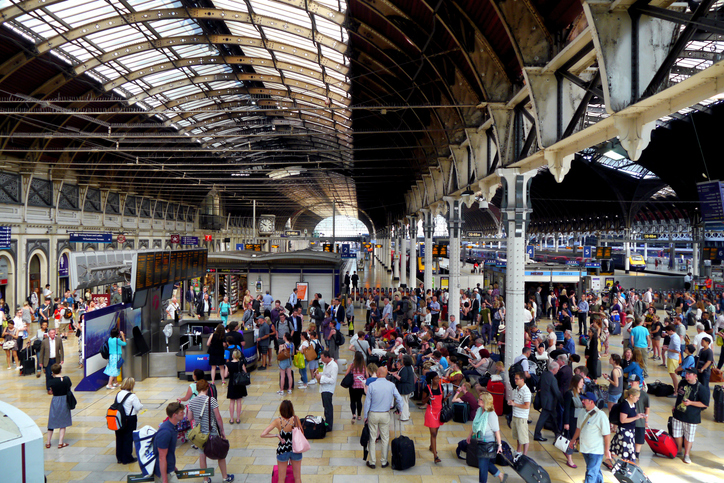Timeline for Immigration Changes 2024
In this article, we present a timeline of the key changes expected in Immigration in 2024.
As set out in our recent article the UK Government announced various measures in an attempt to curb immigration abuse and cut net migration. Since these measures were announced, the Home Office have published a fact sheet “Net migration measures – further details” in an attempt to summarise the forthcoming changes to the UK Immigration Rules, which are due to be formalised in Spring 2024.
Given the number of changes taking effect, we have compiled a useful timeline of dates to be aware of:
1 January – most international students could no longer bring dependents to the UK (this does not apply to postgraduate research courses and courses with government-funded scholarships).
1 January – the Home Office confirmed that they are working on an e-visa system to move away from the reliance on physical documents to prove immigration status, such as BRP cards. The Home Office will no longer issue physical documents as a confirmation of immigration status and instead, visa holders will only be able to view and prove their status through their UKVI account. Applicants who currently hold a BRP will need to register with UKVI to ensure they can prove their right to work in the UK.
31 January – the Youth Mobility Scheme was extended to include 500 allocated places for nationals of Uruguay and additional places for nationals of Japan and South Korea.
31 January – visitors are now permitted to work remotely whilst they are in the UK – provided the primary purpose of their visit to the UK is not “work”.
6 February – the Immigration Health Surcharge increased from £624 per year to £1,035 per year. The discounted rate for students and applicants under the age of 18 increased from £470 per year to £776 per year.
13 February – the increased fines for illegal working will apply to breaches which occur on or after the 13 February. For a first-time offence, the fine will rise to £45,000 per worker. For a repeat offence, the fines triple to £60,000 per worker.
11 March – Care Workers and Senior Care Workers will no longer be permitted to bring dependents to the UK and care homes in England will be required to be regulated by the Care Quality Commission (CQC) under the Health and Care Worker visa route.
14 March – the Shortage Occupation List (SOL) will be replaced with a new “Immigration Salary List” which will be known as the “ISL”. This will see an end to the 20% going rate salary discount for shortage occupations. It has not yet been confirmed whether the current new entrant threshold will continue to apply.
4 April – minimum income requirement for Skilled Worker visas will increase from £26,200 to £38,700 per year. This will not affect those already in the UK under this route when they change sponsor, extend their visa or settle. The going rates for specific occupation codes are expected to rise significantly also. Applicants coming to the UK on the Health and Social Care visa route will be exempt from this minimum income requirement.
6 April – in welcome news for sponsors, the requirement to renew a sponsor licence will be removed. If a sponsor licence is due to expire on or after the 6 April, it will no longer need to be renewed. The Home Office has extended eligible licence expiry dates by 10 years which can be viewed on the Sponsor Management System.
11 April – the minimum income requirement for partners applying under the family route will be increased from £18,600 to £29,000 per year. This threshold will be increased incrementally to bring it in line with the minimum income requirement for skilled workers (£38,700) by early 2025.
We are expecting the Home Office to confirm the Spring changes to the Immigration Rules on 14 March which should set out how the new salary thresholds for Skilled Worker and Family visas will work in practice.
This year will be a big year for Immigration law. To keep up to date, sign up here to receive our immigration updates.


